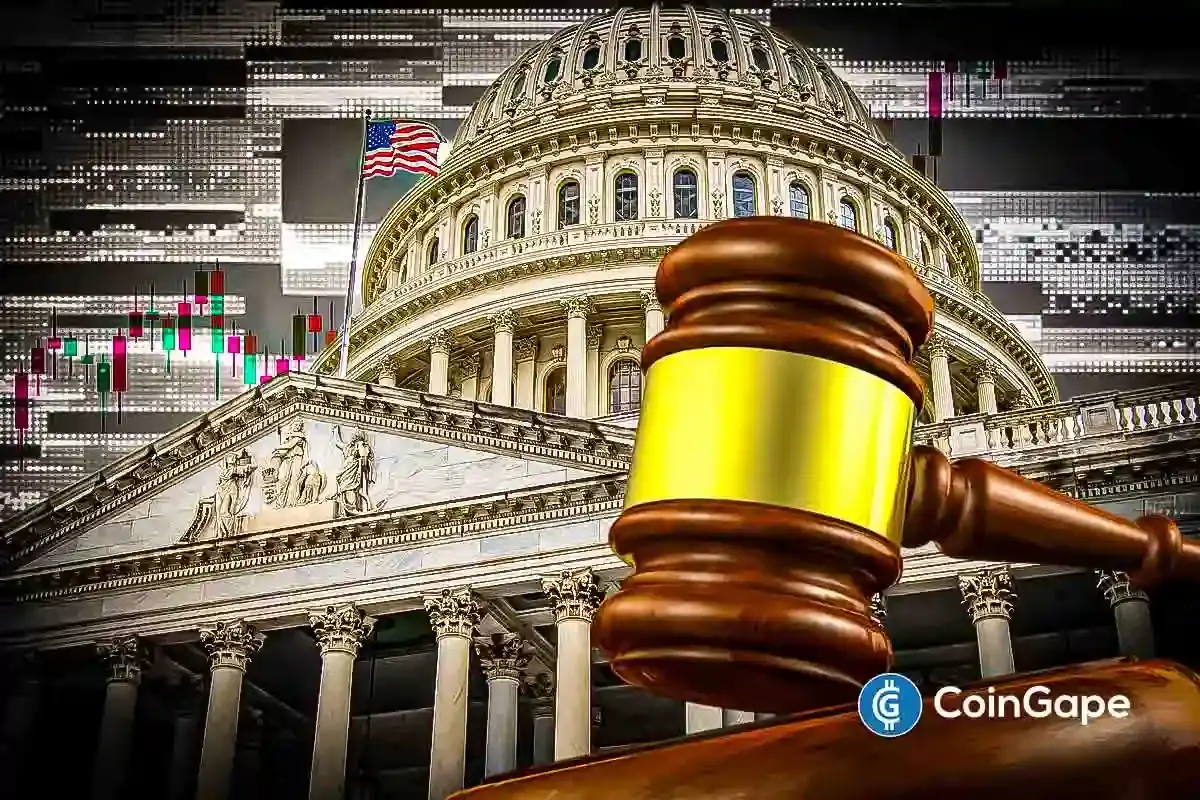Just In: Coinbase Scores Major Win in FOIA Case Against FDIC

Highlights
- Coinbase has won the FDIC again in push for unredacted FOIA documents
- The Court sets a January 3 deadline for the FDIC to produce these documents
- Operation Chokepoint 2.0 concerns remains a big subject in the industry
American crypto trading firm Coinbase Global Inc. has scored another major win against the Federal Deposit Insurance Commission (FDIC) in its ongoing Freedom of Information Act (FOIA) legal battle. This new ruling flags the FDIC for making what the court called “nuanced redactions.”
Coinbase and FDIC: Where is The Case Heading?
According to excerpts of the ruling shared by Paul Grewal, the exchange’s Chief Legal Officer, the Judge said FDIC acted in bad faith with its redactions. The judge noted that the market regulator cannot just “blanket redact everything that is not a preposition.”
In light of this development, the court has ordered the agency to re-review documents and make more thoughtful redactions. Once this is done, the court expects that the new version of the documents will be made available to Coinbase by January 3, 2025.
The FDIC would need to take caution in carrying out new redactions. This is because the court will require that it defends every change made to the document.
JUST IN: Judge Reyes ruled that FDIC didn’t do what it was ordered to do. “The Court is concerned with what appears to be FDICs lack of good-faith effort in making nuanced redactions. Defendant cannot simply blanket redact everything that is not an article or preposition.” 1/3 https://t.co/AX5HCKjrij
— paulgrewal.eth (@iampaulgrewal) December 12, 2024
Revelation of FDIC’s Chokepoint Letters to Banks
This new ruling comes as Coinbase shared documents last week that exposed the FDIC’s role in the much criticized Operation Chokepoint 2.0. All the letters were obtained through a FOIA request and a long period of demand from the FDIC
The content of the letters suggest that the agency instructed banks to limit services to crypto businesses in 2022.
Also, the crypto exchange’s legal team are certain that these documents provide evidence of a concerted effort by federal agencies to crack down on the crypto industry in the United States. In one of such letters to banks, the FDIC,
“… respectfully ask that you pause all crypto asset-related activity. The FDIC will notify all FDIC-supervised banks at a later date when a determination has been made on the supervisory expectations for engaging in crypto asset-related activity.”
With how much the letter revealed, Grewal still felt like the FDIC was hiding behind too many redactions. This eventually triggered the push for less redactions in the documents.
Newly appointed Crypto Czar has promised to probe the chokepoint agenda in the industry. With crypto-friendly Rep French Hill now leading the House Financial Services Committee, this probe is more likely.
Play 10,000+ Casino Games at BC Game with Ease
- Instant Deposits And Withdrawals
- Crypto Casino And Sports Betting
- Exclusive Bonuses And Rewards

- Ripple Bets On AI Boom With Strategic Investment In AI Agent Infrastructure Startup
- Prediction Market News: Kalshi Fines MrBeast Associate Over Insider Trading Amid State Crackdown
- CLARITY Act: Banks, Crypto Yet To Agree On New Crypto Bill Draft As March 1 Deadline Looms
- Michael Saylor Predicts $50T From Bonds Could Flow Into Bitcoin Ecosystem as Digital Credit Evolves
- Bitcoin Treasury Firm GD Culture Authorizes Sale of 7,500 BTC as Expert Warns Of More ‘Pain’
- Dogecoin, Cardano, and Chainlink Price Prediction As Crypto Market Rebounds
- Will Solana Price Rally to $100 If Bitcoin Reclaims $72K?
- XRP Price Eye $2 Rebound as On-Chain Data Signals Massive Whale Accumulation
- Ethereum Price Reclaims $2K- New Rally Ahead or a Temporary Bounce?
- COIN Stock Price Prediction as Wall Street Pros Forecast a 62% Surge
- Cardano Price Signals Rebound as Whales Accumulate 819M ADA

 Buy Presale
Buy Presale
















